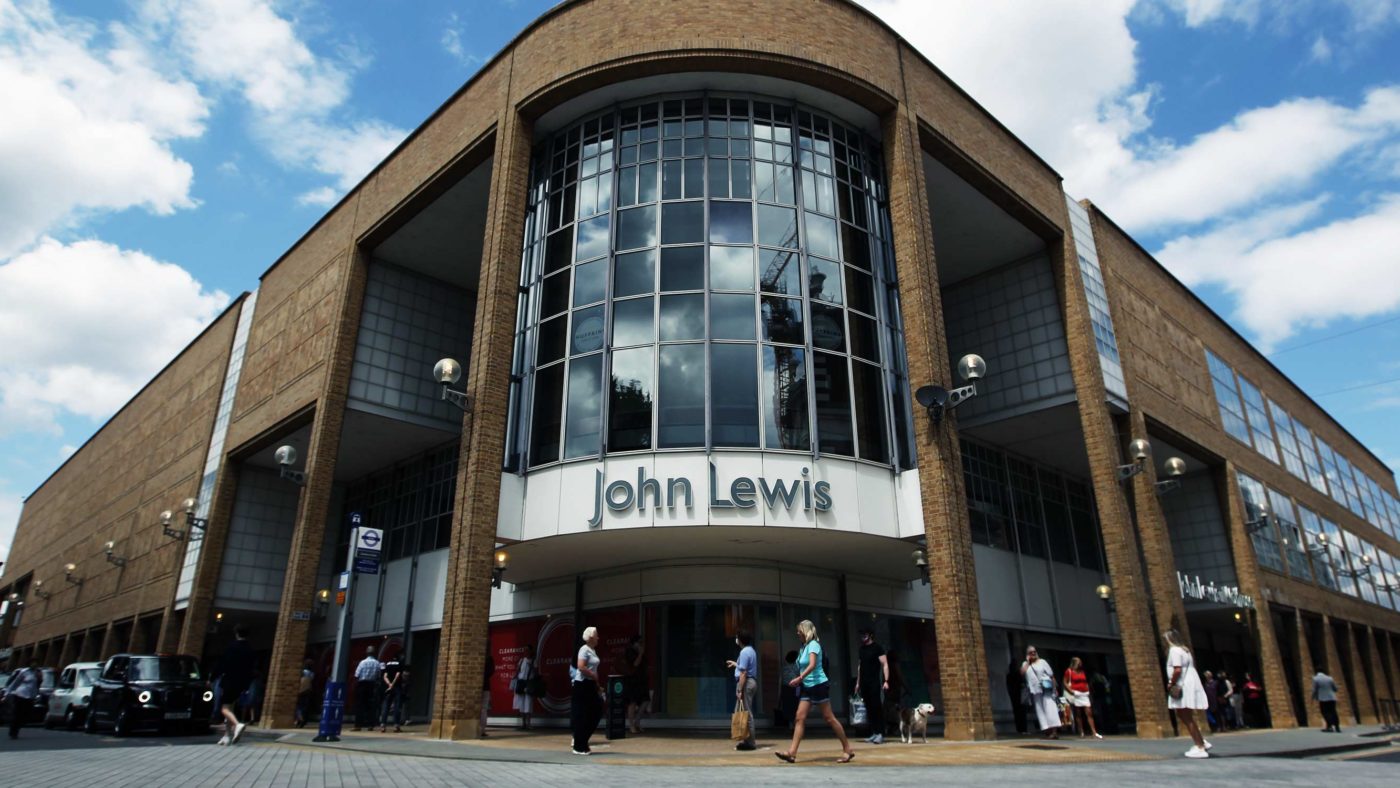John Lewis is a fine company. The range and quality of the goods it sells have improved many homes and lives, and it is known for customer service and keen pricing. But it’s in difficulty. This week it announced its first ever annual loss and indicated that it does not expect all of its stores to reopen once lockdown lifts. It had already announced that it was scrapping its staff bonus, for the first time since 1953.
This is sad and worrying news for the company’s staff, known as partners. Let’s hope that those affected in the threatened stores find new jobs speedily. But it is a rational judgment by the management that the economic shock of the pandemic has accelerated a shift to online shopping. That’s the way competitive markets in the retail sector work. Sovereign power lies not with companies but with us consumers. The case of John Lewis is instructive beyond this mere truism, however, because its ownership model has often been lauded by social reformers. That’s fair, but the model is not a real alternative to capitalism.
The business model of John Lewis is a partnership. It gives each employee part-ownership, a share in its annual profits (namely the bonus, known as the dividend) and in theory a voice in how it is run. It appeals to people on the left, who are averse to the notion of shareholder capitalism, but also on the communitarian right. As prime minister, David Cameron praised the John Lewis model and its applicability to public-sector organisations. As deputy prime minister, Nick Clegg envisaged the same for the private sector. Some critics have charged that the John Lewis model is not a real example of an employee-run company, as staff do not own shares directly in the partnership, but that’s not relevant to my point here.
It’s this: whatever the ownership structure of a company operating in competitive markets, the business has to be profitable. That’s a good thing, not a disadvantage, because competitive pressures drive companies to improve quality and restrain costs. If they don’t, then they’ll lose business to competitors. You can have a lot of sympathy with the staff of John Lewis, whose jobs have been threatened by shifts in the market place that they could not control or compete with, but ultimately the market works. It creates wealth and boosts living standards.
Readers of CapX will have to take my word for it that, if you’re ever involved in debates in the Labour Party about strategy, you’ll be at a rhetorical disadvantage if someone accuses you of being not a socialist but a liberal, and of not believing in the radical transformation of capitalism but only of managing it better. I found these allegations from supporters of Tony Benn a generation ago, and of Jeremy Corbyn more recently, acutely difficult to rebut because they were all true. In the end, I decided that, whereas Denis Healey or Tony Blair plainly had the sense of humour required to call themselves socialists, I couldn’t maintain that fiction about myself.
The merit of a free society in the economic sphere is precisely that it allows voters to choose the trade-offs that matter to us. I prefer greater intervention, tighter regulation, more progressive taxation and more expansive welfare provision than my friends and journalistic colleagues on the centre-right. But the difference between us is principally about distribution rather than production.
Capitalism also allows a range of ownership structures, which include the distinctive mutual model of John Lewis or workers’ cooperatives. But all of these ventures need to be subject to competitive forces (or regulation to mimic these, if the businesses are natural monopolies or oligopolies). The notion that it’s possible or desirable to transform a market economy to a cooperative one seems to me quite fanciful.
There is a warning from history in the schemes of Tony Benn as industry secretary in 1974-5. A lot of ministerial time and some public money was wasted in supporting what other Labour ministers referred to scathingly as “Benn’s follies”, namely public support for workers’ cooperatives that had no hope of turning a profit. These included Kirkby Manufacturing and Engineering, whose product range comprised radiators, car parts and – heaven knows why – orange juice. There was no way it could survive without taxpayer subsidy.
Cooperatives and mutuals aren’t suitable for all sectors. In a company that’s owned by its employees, there is an inherent incentive not to hire more workers, because doing so will dilute the share of the existing staff to the company’s capital. So these companies tend not to expand quickly or to be innovative in their product range. Similarly, there’ll be an incentive to consume the capital rather than invest it in R&D, which is risky. If the pharmaceutical sector were organised into a variety of small cooperatives, it is unlikely we’d have vaccines for Covid-19 by now.
So, yes, let’s encourage a diversity of ownership structures. Let’s debate how much redistribution through the tax system is desirable, even at the cost of some economic growth. But I appeal to my comrades on the left to finally dispense with the fantasy of a socialised economy.
Click here to subscribe to our daily briefing – the best pieces from CapX and across the web.
CapX depends on the generosity of its readers. If you value what we do, please consider making a donation.


